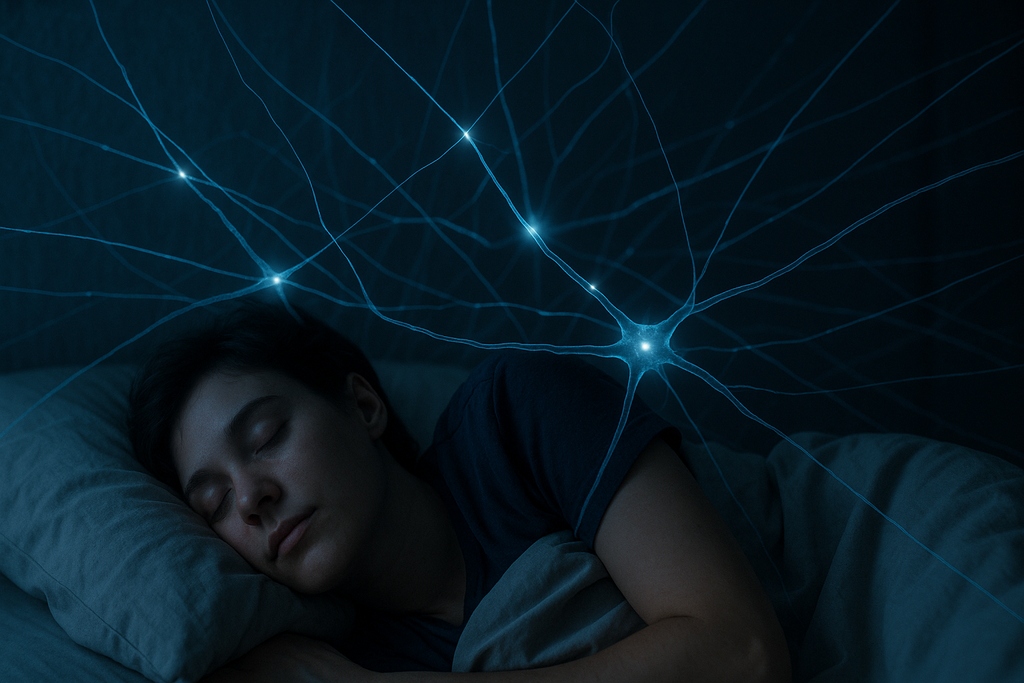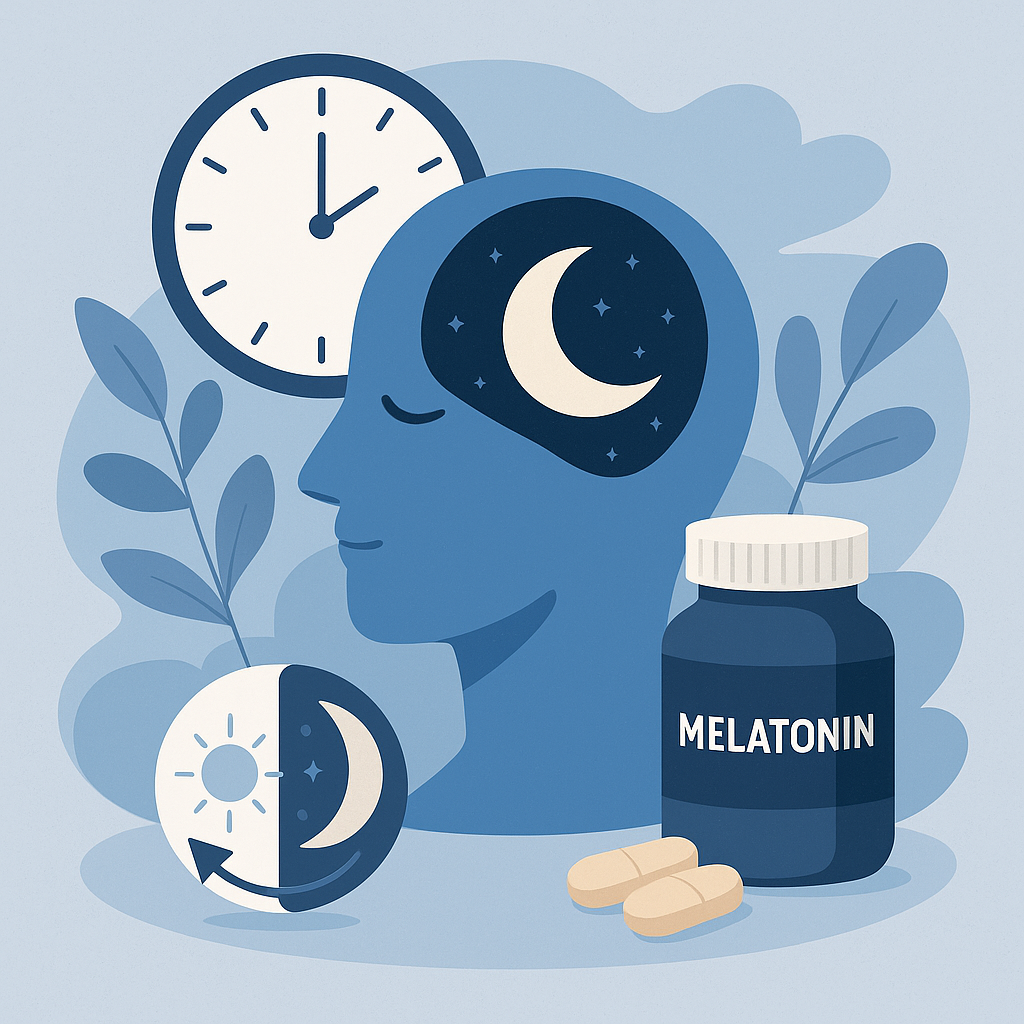News — melatonin
The Brain's Sleep Debt: Pinpointing the Regions Where Memory Goes Missing
brain fog brain health supplements cognitive function sleep deep sleep brain hippocampus sleep how sleep affects memory LongLifeNutri brain LongLifeNutri sleep melatonin memory decline memory loss and sleep memory supplements omega 3 brain prefrontal cortex sleep deprivation REM sleep memory sleep and brain health sleep and neuroplasticity sleep debt sleep deprivation memory sleep hygiene
We’ve all felt it—groggy mornings, mental fog, the frustrating inability to recall where we left our keys or why we walked into a room. While a poor night’s sleep can make us feel unfocused, science shows that sleep deprivation has far more serious consequences than just daytime drowsiness. The brain accumulates a kind of "sleep debt," and when left unpaid, this debt can sabotage our ability to retain and recall memories.
But memory loss isn’t just a vague consequence of sleep deprivation. Researchers are now pinpointing the exact regions of the brain that suffer when we skip rest. From the hippocampus to the prefrontal cortex, sleep—or the lack of it—can cause measurable deficits in how we store and retrieve information. In this article, we’ll explore how sleep debt impairs memory, highlight the brain regions most affected, and uncover strategies to protect your cognitive function in a sleep-deprived world.
The Effects of Sleep Deprivation on Energy and Overall Health
chronic sleep loss circadian rhythm cognitive performance deep sleep effects of poor sleep fatigue immune system and sleep insomnia lack of sleep LongLifeNutri Sleep Support melatonin mental health and sleep natural sleep remedies sleep and energy sleep and health sleep and weight gain sleep cycle sleep deprivation sleep supplements sleep support
In today’s go-go-go culture, sleep is often sacrificed in the name of productivity. We wear our late nights and early mornings like badges of honor, believing that burning the candle at both ends is the price of success. But behind the hustle lies a mounting cost—one that affects our energy levels, mental clarity, immune function, and even the health of our hearts and hormones.
Sleep isn’t a luxury—it’s a biological necessity. Skimping on it affects much more than just how tired we feel the next day. From sluggish metabolism to weakened immunity, the ripple effects of sleep deprivation can compromise nearly every aspect of your health. In this article, we’ll explore what really happens to your body and mind when you’re not getting enough rest—and how to reclaim the revitalizing power of a good night’s sleep.
The Role of Melatonin in the Circadian Rhythm and Sleep-Wake Cycle
B6 and melatonin biological clock blue light sleep disruption brain and melatonin circadian rhythm insomnia jet lag jet lag remedy light and sleep LongLifeNutri melatonin melatonin benefits melatonin dosage melatonin for kids melatonin production natural sleep aids shift work sleep sleep hygiene sleep supplement sleep-wake cycle
Ever wonder why you start to feel sleepy around the same time each night? Or why traveling across time zones throws off your entire schedule? The answer lies in your body’s internal clock — the circadian rhythm — and a powerful hormone called melatonin. Often referred to as the “sleep hormone,” melatonin plays a crucial role in regulating when you feel alert and when it’s time to wind down.
Produced by the pineal gland in response to darkness, melatonin signals the body that it’s time to prepare for rest. But melatonin isn’t just about sleep — it’s an essential regulator of your entire circadian system. In this article, we’ll explore how melatonin influences your sleep-wake cycle, how modern life disrupts this rhythm, and natural ways to optimize your melatonin production for better rest and overall well-being.
Seasonal Affective Disorder: Symptoms, Causes & Effective Treatments
bright light therapy circadian rhythm depression lifestyle tips light therapy melatonin mental health mental wellness mood support natural remedies SAD seasonal affective disorder seasonal mood disorder serotonin summer SAD supplements for SAD symptoms of SAD therapy for SAD vitamin D winter blues winter depression
Have you ever noticed your mood taking a dip as the days grow shorter and winter sets in? For many, this is more than just a case of the winter blues—it’s a real medical condition called Seasonal Affective Disorder (SAD). Millions of people worldwide experience SAD each year, but with the right knowledge and strategies, it's possible to manage symptoms and feel better all year long.
In this guide, we’ll explore the key symptoms of Seasonal Affective Disorder, dig into the root causes behind it, and outline effective treatment options that can help restore balance and happiness even during the darkest months. Whether you or someone you know is struggling with SAD, understanding the condition is the first step to regaining a brighter outlook.
Time Your Fertility: Exploring Chronobiology’s Role in Conception
biological rhythms chronobiology circadian rhythms conception exercise and fertility fertility optimization fertility timing fertility tracking hormonal balance light exposure melatonin menstrual cycle men’s fertility clock natural fertility methods nutrition for fertility ovulation timing reproductive health seasonal influence on fertility sleep and fertility timing intercourse
When it comes to conception, timing can often feel as important as other fertility factors like health, lifestyle, and genetics. As couples navigate their path to parenthood, one aspect often overlooked is the role that biological rhythms—or chronobiology—play in fertility. Chronobiology is the science of how time affects bodily functions, covering everything from circadian rhythms that guide our sleep-wake cycle to monthly hormonal cycles that influence fertility. For those seeking to optimize their chances of conceiving, understanding and working with these biological rhythms can make a significant difference.
In this article, we’ll explore how the timing of our biological processes aligns with fertility windows and discuss practical strategies for timing conception. From the effects of circadian rhythms to the influence of light, sleep, and seasonality, understanding chronobiology’s role in fertility can empower couples to take proactive steps toward enhancing reproductive health and maximizing their chances of conception.





